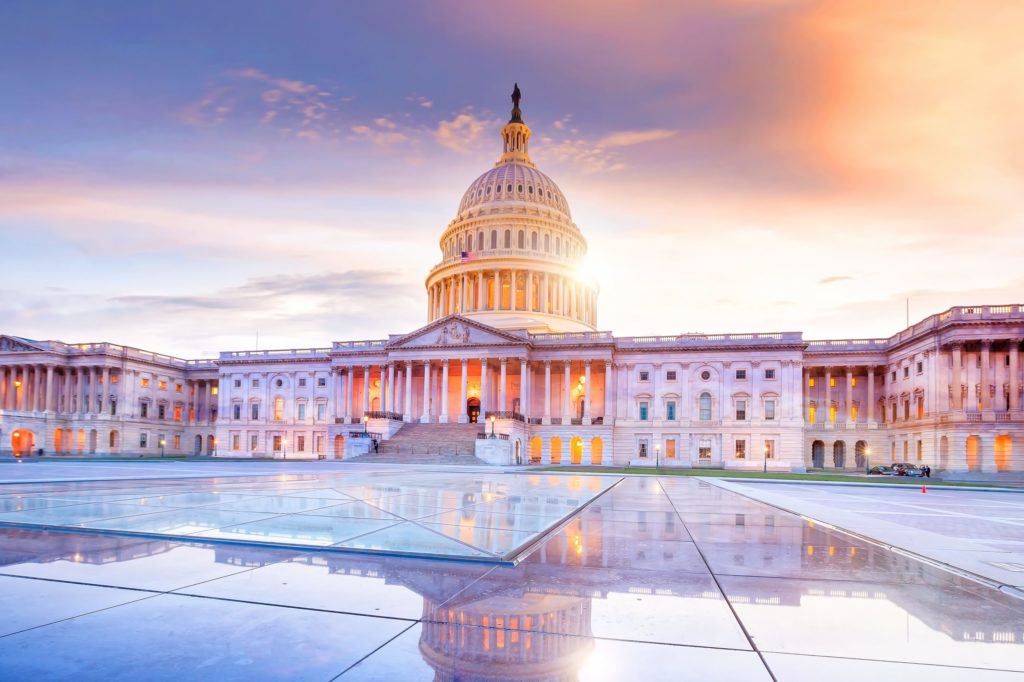Can the voice of practitioners be further amplified in PAR?
But not PAR, which long has valued the perspective of those who toil in the fields of government. Such has been the case since the PAR’s inception in 1940, when a former Civil Service Commission employee, Leonard White, became PAR’s first editor, and chose the content.
The journal understands the value of practitioners’ firsthand experience, which too many research publications treat as worthless anecdotes.
PAR realizes that social science fails when it is ignorant of significant variables affecting the phenomena it studies. Part of the practitioner “wisdom” which Perry hails is the awareness of variables and dynamics that are not readily visible to scholars. Before I went to work as a civil servant on Capitol Hill, for example, I did not fully appreciate the diverse ways that institutions and their cultures interplay to foster or hinder agency performance. Nor did I grasp how the shared memories of longtime civil servants affect their willingness to accept workplace reforms.
The creation of new types of pieces for publication has been important to this effort. PAR’s “Theory to Practice,” “Administrative Profiles,” “Commentaries,” “Perspectives” and “Evidence in Public Administration” all have injected working public administrators into PAR’s pages.
Yet for all of PAR’s innovation, Perry reports that solo-authored PAR articles by practitioners are few, and co-authored pieces comprised only 10 percent of the articles published in 2016. He is quite right that a big reason why is that the notion of what constitutes an article has changed.
Much has changed since the first days of PAR, foremost the highly differentiated nature of the research enterprise. The standards for good science, using both quantitative and qualitative methods, have advanced far beyond what passed for good science in the 1940s. It has become increasingly difficult for practitioners to be scholars, too.
PAR values broad-mindedness about what is worthy intellectual content. I got my start in PAR in 2005, when then-editor Richard Stillman invited me to publish an interview with New York University’s Lawrence Mead, who had won the Brownlow prize for Government Matters: Welfare Reform in Wisconsin. It was the first of eight essays I published in PAR between 2006 and 2010. I did a few interviews, some book reviews and a retro-review of Edward C. Banfield’s Government Project.
I did these types of pieces because they were fun to do. What a treat it was to phone public administration eminence Michael Lipsky and to discuss the 30th anniversary of his Street-Level Bureaucracy: Dilemmas of the Individual in Public Services. How remarkable it was to enter the old headquarters of The Washington Post to interview Rajiv Chandrasekaran about public administration in the American green zone in Iraq. For certain, I should add, appearing in the same pages graced by giants like Dwight Waldo and Louis Brownlow was gratifying.
Writing these pieces was not easy – I usually read two or more books before writing each essay; and the interview pieces required drafting questions and working through transcripts. But they were far less arduous to complete than publishing a standard PAR article, which, appropriately, goes through rigorous peer review and needs to bring new data or evidence to long-running intellectual debates.
An additional factor that depresses practitioner contributions to PAR, as Perry intuits, is institutional. The reader will notice not listed among the rewards I received for my PAR writings were the esteem of my employer, pay raises or promotion.
I thought being published in a major journal was good for my employer. Among other things, it showed I was engaged with the academic community, whose work informed my own. Being published validated that I had not become lazy in my position – I was able to hold my own in the top echelon of scholars. I also confess that I imagined that being a researcher at the Congressional Research Service meant being a scholar. My mentors, Ronald C. Moe and Louis Fisher, contributed to PAR and other heady publications.
From my institution’s perspective, however, writing for PAR or any other publication was irrational. What good could come of it for the agency? Whatever benefits I saw seemed awfully small compared to the political perils imagined by CRS management. “What if someone in Congress sees your piece and feels offended?” That reaction—fear that the agency’s funding might get cut—struck me as a gross misestimate of risk. Doing that would require action by committees in both chambers of Congress.
Nonetheless, ticking off one’s supervisors is not the smartest path to promotion. This explains why anyone who bothers to go back and read my PAR pieces will see I did not identify my employer. Unsurprisingly, very few of my CRS colleagues published outside the agency.
Bringing the voices of practitioners into PAR should remain a top priority. But doing so may remain a challenge. The internet has made academic journal content more widely available, and we are living in a hyperpartisan age. Click-hungry bloggers and media can turn anything into a political hullabaloo. Quite possibly, many would-be PAR contributors toil in agencies that rank political invisibility higher than employee publication, or happiness for that matter. I have not yet met anyone working in a federal agency who has said he or she was encouraged to write for external publication. Those who do write inevitably do it on their own time and do not divulge their employer.
That does not mean PAR should not experiment with additional new content types. It should, and additional contributors might be induced by allowing them to publish under pseudonyms. The most potent inducement may continue to be an age-old one – interpersonal appeals. I first wrote for PAR because Stillman asked me to do so. Now here I am again in PAR, thanks to Perry phoning me. If more of us subscribers did the same, PAR might well find itself with a surfeit of practitioner content.









